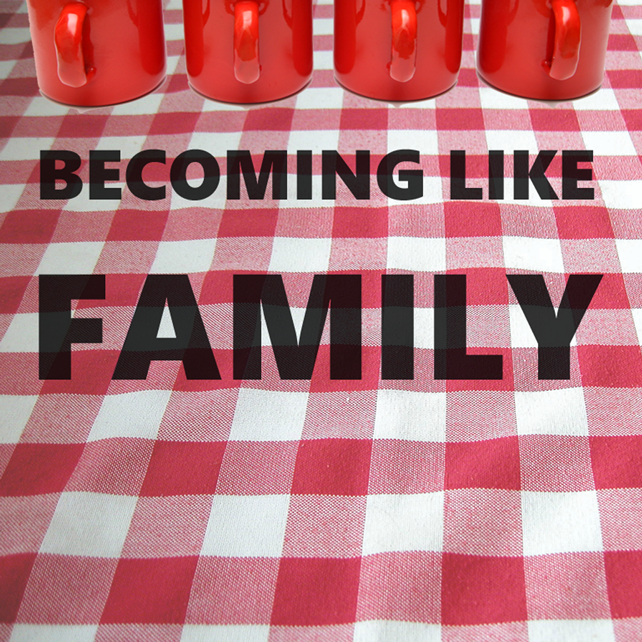What looks like bad work to you? It can be a very personal thing – I was surprised when I told people about leading Redeem the Commute, and they said, “I’m glad someone is doing it, but especially glad it’s not me.”
I watched a TV show lately about a tow truck driver – it showed him going about his work in the middle of the night, doing a job many wouldn’t want. But he said he’d tried multiple jobs, hated them all – and then found the towing business and it just fit. He’d found his passion for work, even though other people would hate it working those late nights, alone, at risk and dealing with mechanical work.
There are definitely bad jobs out there – some are really awful, which became apparent with media coverage, for example, of the textile industry in Bangladesh.
Some jobs aren’t terrible themselves, they are just a bad fit.
And there are some good jobs that we see in the wrong light – something about us means they are less than they should be. We might think they’ll be much more than they are, or we might think too highly of ourselves to do certain kinds of work, even though they are good.
Question: What’s the worst job you ever had? What made it so bad? Was it bad for everyone, or just you?
Acknowledgements: Tim Keller, Every Good Endeavour and Work & Rest
Ryan Sim - October 22, 2013
Tuesday - Study It - Becoming Like Family
From Series: "Becoming Like Family"
This series looks at becoming “like family” with others learning to follow Jesus. We're exploring how the church is not a building, institution or event, but a community of people. It's important that explore what church means as we prepare to launch a new church in Ajax in 2014.

